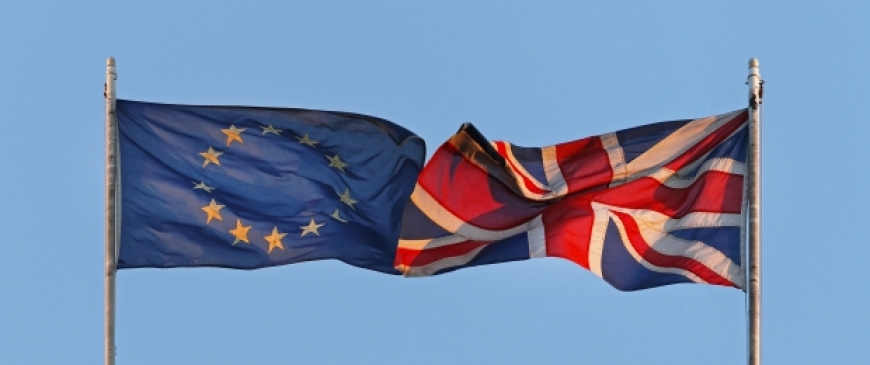
Brexit: Will the UK leave the European Union?
"Since [the 2004 enlargement], an enormous number of people have come to the UK to work from Poland, Lithuania, Latvia, Slovakia - essentially from all over central Europe," says Ian Bond, director of foreign policy at London-based think tank the Centre for European Reform.
"They actually contribute an enormous amount to our economy. They pay taxes, and because on the whole they are of working age, they tend to be young and they take out less from the system. They don't have the healthcare problems that people have as they get older, and they are not collecting pensions and so on. They are actually net contributors. But there's a perception that they are damaging the interests of British workers."
..."For many of [Cameron's European counterparts] it's a distraction at the moment from big problems like the Greek debt crisis, the conflict in the Ukraine, the migrants crossing the Mediterranean," says Bond. "Somewhere on the sidelines is David Cameron saying, "Well, I have a problem too, please fix it for me." "You got a slight sense of that at the last regular European Council meeting. David Cameron got 10 minutes or so to set out in broad terms what his concerns were, and everybody sort of nodded and said, "Yes, yes, we'll try and sort something out in the next few months.""
..."In 2017 [the British government] will be about halfway through the parliament," explains Ian Bond. "That's generally the point at which everybody is grumpy about the government. If the prime minister is the figurehead of the campaign for staying in the EU, one of the risks that he runs is that people will take it as an opportunity not to say "we don't agree with staying in the EU" or "we don't agree with the deal that you've brought back from Brussels", but simply "I am fed up with the policies that your government is pursuing and this is a way that I can express my disgruntlement"."
